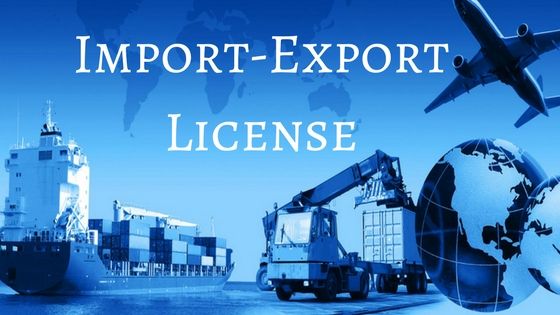



The United Kingdom remains a leading global trade hub, offering vast opportunities for foreign companies looking to import or export goods. However, many products entering or leaving the UK are subject to licensing requirements—whether for security, health, environmental, or strategic trade reasons.
Failing to obtain the correct import or export licences can result in costly delays, seized shipments, or even legal penalties. For international businesses, navigating UK licensing laws can be complex without expert support. That’s where UK import-export licensing services come in.
Fraser Bond connects global businesses with licensed UK specialists who manage the application, compliance, and renewal processes for all required trade licences—ensuring smooth, legally compliant international transactions.
Certain goods require government-issued licences before they can legally enter or leave the country. These controls are enforced by authorities such as:
Department for Business and Trade (DBT)
Department for Environment, Food & Rural Affairs (DEFRA)
HM Revenue & Customs (HMRC)
Home Office and Border Force
Licensing requirements typically apply to goods that involve:
Dual-use technologies (civilian and military applications)
Strategic or military items
Agricultural, food, and animal products
Controlled chemicals and hazardous materials
Pharmaceuticals, medical devices, and cosmetics
Waste, scrap materials, and recyclables
Cultural goods, art, and antiques
Alcohol, tobacco, or firearms
Authorises the export of specific controlled goods to certain destinations with fewer restrictions. Often used for low-risk, repeat shipments.
Used for specific shipments to specific customers. Requires detailed application and review, particularly for military or sensitive goods.
For frequent exporters supplying multiple destinations and end-users. Covers a broader scope but requires ongoing compliance checks.
Mandatory for goods such as food, live animals, chemicals, steel, textiles, and cultural objects. Issued by departments like DEFRA or DBT depending on the product category.
Improper or missing documentation at UK ports can cause customs holds, penalties, or permanent confiscation of goods.
UK licensing laws are aligned with international treaties, UN sanctions, and domestic safety legislation. Licensing experts ensure your business stays compliant across jurisdictions.
Experienced licensing consultants expedite application processing, helping you meet launch or delivery deadlines without delays caused by incomplete or incorrect forms.
Advisors help foreign businesses assess whether their goods require licences and apply for exemptions or simplified procedures when available.
Fraser Bond partners with experienced licensing consultants to support international businesses across all sectors. Our services include:
Import/export licensing eligibility assessments
Preparation and submission of licence applications
Document and evidence coordination
Ongoing compliance monitoring and reporting
Appeals and representation in case of licence refusal
Integration with customs clearance and freight forwarding services
We work with clients in sectors such as defence, tech, life sciences, food and beverage, construction, and fine art.
Assuming no licence is needed based on past EU rules
Using incorrect product classifications or commodity codes
Overlooking end-use and end-user restrictions
Failing to renew or update existing licences
Ignoring sanctions or embargoed destination rules
Fraser Bond helps prevent these errors through proactive, expert-led trade support.
Import-export licensing in the UK is a vital but often overlooked element of international trade. For foreign businesses, understanding and complying with licensing requirements is key to avoiding disruption and legal exposure.
Fraser Bond ensures your business is trade-ready by partnering with experienced UK licensing advisors who handle the full spectrum of compliance—from first-time applications to managing complex, multi-jurisdictional exports.